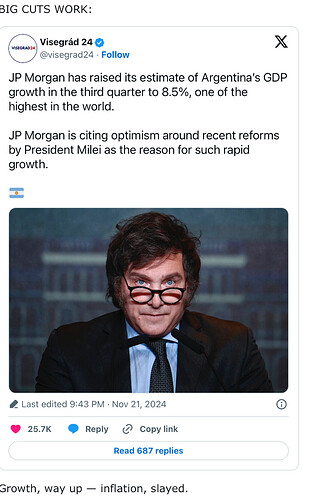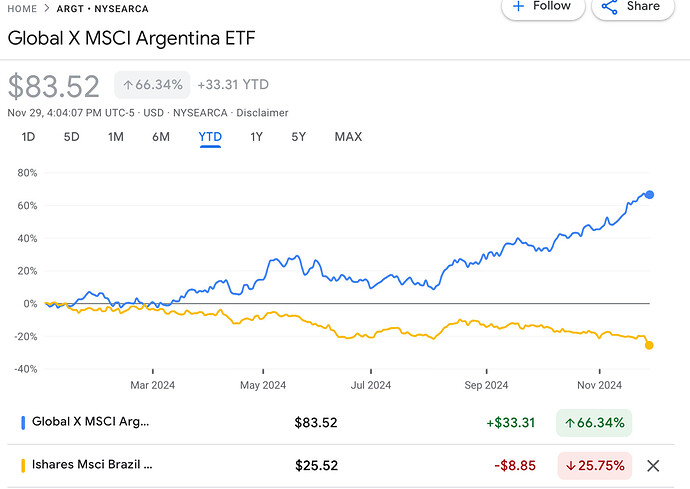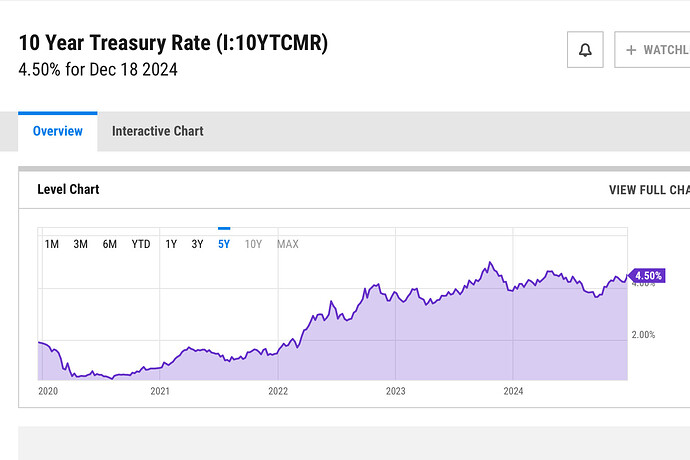Such programs are often costly and time consuming. And this one in particular cannot just be applied to current workers, they must recruit foreign workers that are outside the US, who then use this visa to enter the country.
The point is that farmers would be able to get foreign workers to quickly replace those that are deported or otherwise removed from the country. Surely plenty of people from Mexico and Central America would be happy to come in legally on an H2A visa, getting paid over the table.
Quickly? Google says the standard process to obtain one of these visas is 2.5 months. And that doesnt could the time it takes to go to Mexico to recruit the workers.
How different would that be from giving permanent residency to illegal immigrants already here? Wouldn’t both systems essentially replace illegal immigrant workers by legal ones? Might as well give permanent residency to those who have shown to be gainfully employed here rather than take a chance on an unknown immigrants applying from abroad, no?
In addition H2A (and H1B) visas are a large source of illegal immigration currently. Once the workers are in the US, many just fail to return to their countries after expiration of their visa. So extending these could actually increase illegal immigration.
IMO current VISAs are a bandaid for functional immigration policy. They could be used as a “trial” period with path to permanent residency after a few years for those who performed well while on their VISA. And not be awarded first come first serve but based on a point system that would rank applicants by how good a fit they’re likely to be for the industry in need. Point for things like: speak English various points for B1-C2 level, have high-school diploma (or required education for jobs in need), proof of employment in field in demand, married, no criminal record requirement, age (younger applicants better than older ones), networth > $x extra points, etc… If the VISA recipients then proved they contributed well for 5 years, why send them back and get a new round of unknown applicants? Give the ones who worked out, an easy path to permanent residency which will gradually reduce the need for immigrants/VISAs over time.
I don’t understand your question. That H-2A visa is a temporal, 3 year maximum visa.
We need a points based system like Canada has. I’m worried we’re going the Japenese route, almost no immmigration+low birth rates=trouble
Low legal immigration, I think you meant to write. Plenty of undocumented, aka illegal immigrants, though.
The intent of the H-2A (and H-1B) Visas is to provide assistance for short-term shortages in labor force. It’s very ill-suited to remediate systemic shortages. We need a system for fixing the fact that we don’t have enough unskilled labor workers for our current level of productivity.
So let’s look at two options say for replacing 1 million illegal farm workers:
We deport 1 M illegal workers - at considerable expense and bad PR but nevermind that -, and we then issue 1M more H-2A visas valid for 3 years only. These extra applicants also need to be processed quickly (current process takes 2+ month with the current level of visa applications). Cost for issuing 333k (1/3M each year) extra H2A visas per year would more than double since we currently issue (250-300k/yr) and still need illegal workers. That would be a continuing cost forever since the visas expire after 3 years. Additionally, we’d need to ramp up enforcement of deportation of the ex-visas workers who stay in the US past the expiration of their visa. Another added continuing cost.
And we’d get the standard mixed bag with some visa workers working out and some not so much. Meaning there’s little indication than the illegal workers we currently have would be worse than the ones we’d more or less randomly get from the visa process. Still, at the end of the day, we’d have replaced 1M illegal workers by 1M legal workers. Albeit at a considerably increased rolling government cost.
Or we could ask employers to identify among the illegal immigrants they currently employ 1M whom they’d consider to be good candidates for permanent residency based on their body of work, contributions to society, etc. Basically to weed out the leeches from the valuable workers. And just like the previous option, we end up with replacing 1M illegal workers with 1M legal workers at what I think would be a much lower 1-time cost.
In addition, we could also look at why we need already this many visas each year with a goal to shrink that number - and thus reduce the potential for some to overstay and our processing costs -, to just handle much smaller actually temporary shortages in labor.
That should be a no brainer for replacing the green card lottery at least.
This seems a lot more practical. Start by deporting the criminals and don’t pay benefits to the others and if they have jobs and follow the rules, give them some visa status.
A tale of two countries. One is Argentina with a libertarian government and the other is Brazil with a socialist government
The price of single country stock index funds
A little more locally, this weekend a grocery store had Pepsi 6-packs on sale for 4/$10. Skip the commentary about if anyone should be drinking soda anyways, this is the lowest sale price in years. It would’ve been considered a good sale price back before the inflation hysteria.
CPI for November: 2.7% YoY
https://www.nytimes.com/live/2024/12/11/business/cpi-inflation-fed
Nov’24 CPI came in as expected, +0.3% or 3.7% annualized rate.
CPI 0.3% MoM, Exp. 0.3%
CPI Core 0.3% MoM, Exp. 0.3%
CPI 2.7% YoY, Exp. 2.7%
CPI Core 3.3% YoY, Exp. 3.3%
CPI SuperCore: 0.342% MoM (prior 0.313%)
- TRADERS ADD TO BETS ON THE FED RATE CUT IN DECEMBER
Fed comments on less likely future rate cuts tanked the market yesterday
The Fed delivered on its widely expected rate cut at yesterday’s meeting. Apart from this widely telegraphed move, there were 4 more interesting pieces of information. First, one committee member dissented, voting to keep rates on hold. Two, the wording in the statement was updated to signal that further easing is likely to move at a slower pace. Three, the median dot plot was lifted 0.5% from the September level. This suggests that the Fed expects only two more cuts next year. And four, there was wide dispersion in the dot plot, indicating a lack of agreement and rising uncertainty as to the path of the policy rate. The Fed confirmed what the market was guessing, which is that it could easily pause at the next meeting or two to see whether additional policy easing is appropriate
Makes sense to not anticipate rapid lowering of interest rates considering the current health of the economy and inflation showing signs of inching back up. Not sure why that sentiment fell so short of market expectations that it triggered yesterday’s market drop.
The rate cuts are not having much effectnon the long term part of the bond market. The 10 year treasury interest remains stubbornly at about 4 1/2%.
Are they supposed to? The FED doesn’t set long-term rates, they set the overnight rate. They can manipulate long-term rates by buying or selling those securities, but I don’t think they’ve been doing much of that lately.
I thought the FED have been doing quantitative tightening throughout 2024 and plan to continue into 2025, at least until Q2-3 IIRC.


